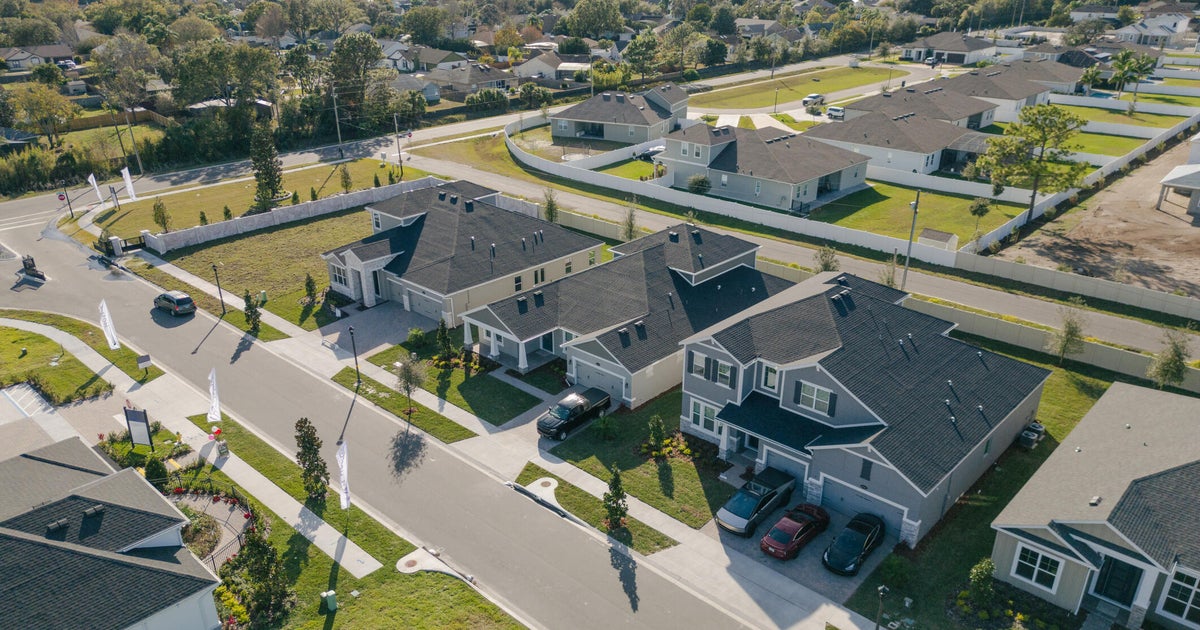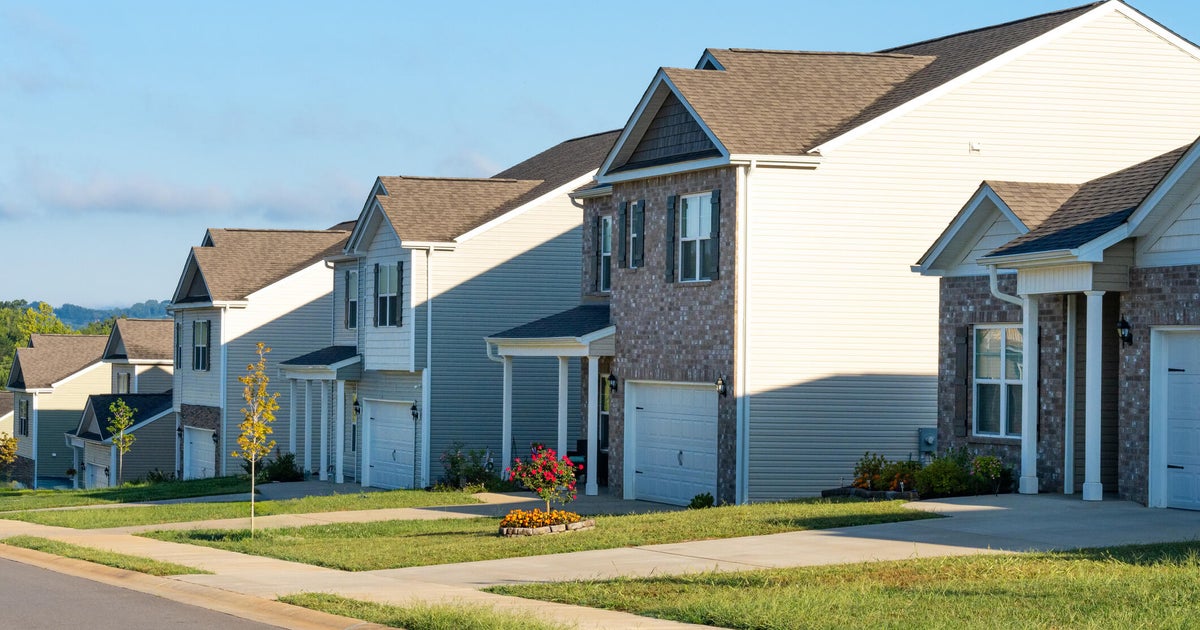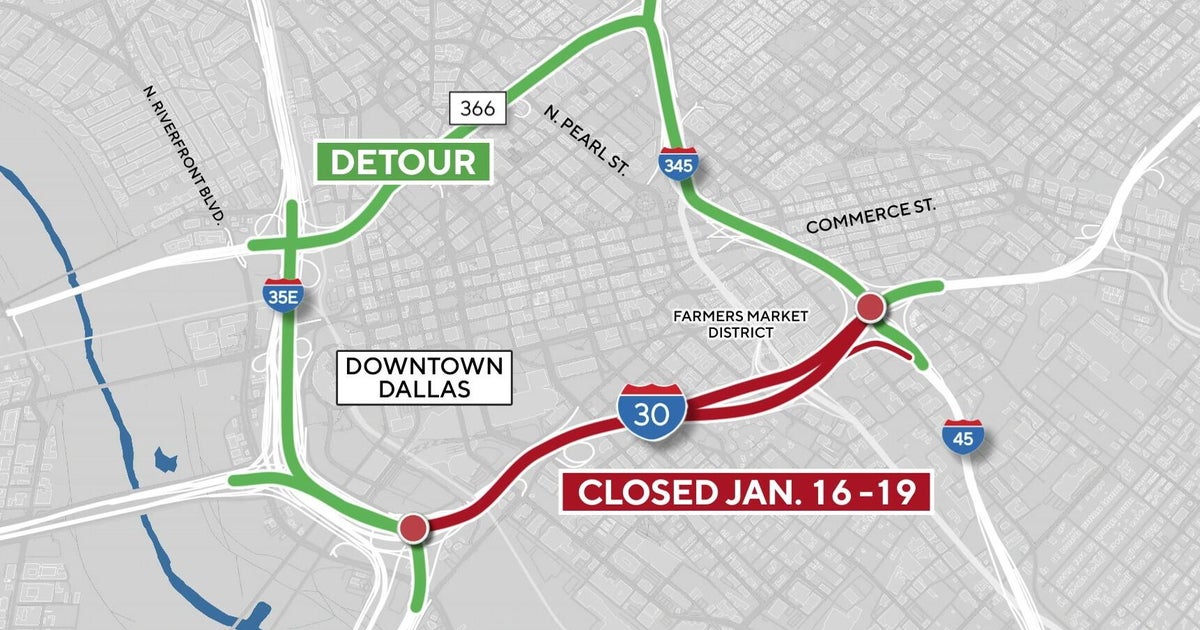One first-time homebuyer has searched for 3 years for a house amid real estate "perfect storm"
Shruti Chauhan, 45, knows all too well how brutal the real estate market can be for a first-time homebuyer — she's been searching for her first house for almost three years, putting up to three hours a day into the hunt and making over 30 bids.
"Go home, crunch the numbers, whether this is the right fit or not, both in terms of finances and whether you see yourself there," Chauhan, a consultant who lives in New Jersey, told CBS News.
Still, this isn't where Chauhan expected to be when she first embarked on her search for a home — without a house after years of fruitless hunting. She offered $50,000 over asking price for one home, but lost out when another bidder offered $5,000 more. She had one offer accepted, only for the house to fail inspection.
"I always thought that, yes, there will be a time where I'll get a home. Never happened," she said.
Chauhan exemplifies the often demoralizing financial and other challenges confronting many first-time homebuyers, who are facing not only record home prices but also mortgage rates that are still more than double their pandemic-era lows. Many people trying to put their foot on the property ladder also find themselves bidding against current homeowners who have equity in their properties, giving them more financial power to outbid competitors.
As a result, first-time homebuyers now make up just 32% of purchasers, down from almost 50% of the market in 2009 and near a historic low.
It's "the perfect storm, which, of course, is affecting the first-time homebuyer the absolute worst," said Stacy Esser, the founder of SEG Realty.
How would a Fed rate cut impact mortgage rates?
Homebuyers recently have gotten some relief on borrowing costs, with the average interest rate on a conventional 30-year mortgage sliding to 6.29% earlier this month. That marks the lowest level since February 2023, as lenders ratchet their rates lower ahead of an expected Federal Reserve rate cut starting on September 18 in what experts say is likely to be a series of moves to ease borrowing costs.
By May 2025, the Fed's benchmark rate could be as low as 3%, according to economists polled by FactSet.
Yet there's a very real downside to lower rates, said Esser of SEG Realty.
"It's going to add another level of hardship onto the first-time homebuyer because what'll happen is more people will jump back in, so you're going to see more competition, and more competition means prices are going to rise," she said.
While it can be emotionally draining to strike out on buying your first home, it's important to keep one's financial goals in perspective, CBS News business analyst Jill Schlesinger advises.
"There is a psychic benefit that people have from owning a home, and I understand that, but it never makes sense for you to buy a house and not be able to fund your own retirement," Schlesinger said. "Try not to make this the most important thing, my forever home. These are things that can really be emotional traps."
There are also some benefits to renting, Schlesinger added. For one, renting may provide more financial flexibility, since it means you don't have to pay for the upkeep of a home and other costs. And that could help free up some money to invest in your 401(k).
As for Chauhan, she said she hasn't given up on finding her dream home.
"Yes, this is the year," she said.





